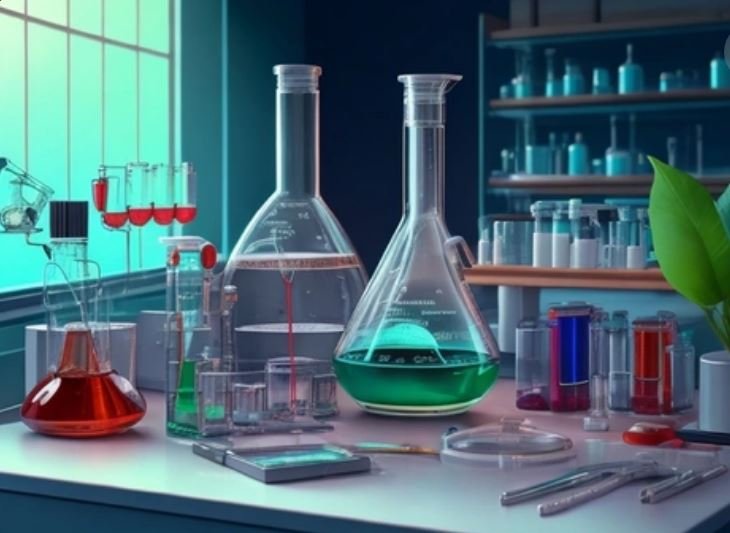
Research
Bioelectricity and Ion Channel Complexes
Ion fluxes through membrane ion channel proteins generate the bioelectric signals that underlie brain activity, perception of the environment, movement, and cardiac rhythm. Disruption of these electrical processes causes a broad spectrum of disorders known as channelopathies, and abnormal ion channel expression is increasingly associated with cancer progression.
Major gaps remain in our understanding of how ion channels function in native cellular environments. In particular, it remains unclear how ion channels assemble with partner proteins into dynamic macromolecular complexes that control their localization, stability, and activity. In addition, there is a critical lack of selective pharmacological tools capable of discriminating closely related ion channel variants expressed across different tissues and disease states.
Our laboratory aims to addresses these challenges with a focus on ion channels that respond to changes in membrane potential. By combining biophysical, biochemical, structural, and pharmacological approaches, we aim to understand how native ion channel complexes operate in health and disease and to develop new strategies to precisely control electrical signaling when it becomes dysregulated.
Brain Ion Signaling and Chronic Neuroinflammation
A major research focus of the lab is the role of ion signaling in maintaining brain homeostasis and its disruption in chronic neuroinflammatory conditions. Proper regulation of ion fluxes is essential for communication between cells of the central nervous system, shaping inflammatory responses, neuronal support functions, and long-term tissue stability.
Despite its importance, the mechanisms by which altered ion signaling promotes persistent inflammatory states in the brain remain poorly understood. Sustained disruptions in ion flux can impair cellular communication, destabilize neural circuits, and bias immune signaling toward maladaptive, self-perpetuating inflammatory responses that contribute to disease progression.
We investigate how bioelectric disturbances influence inflammatory signaling in the brain and how these processes contribute to chronic neurological and neurodegenerative disorders. By linking ion channel-dependent electrical signaling to immune regulation, our work seeks to uncover fundamental principles connecting bioelectric dysfunction to long-term brain inflammation.
Chemical Defense and Toxin Auto-Resistance
In parallel, our laboratory studies how poisonous animals survive exposure to their own toxins. Many species rely on potent chemical defenses to deter predators, yet the biological strategies that prevent self-intoxication and preserve normal physiological function remain largely unexplored.
These systems pose fundamental questions about how bioelectric signaling and cellular homeostasis are maintained under extreme chemical stress. Constant exposure to toxins that disrupt electrical activity would be expected to impair essential processes such as neural signaling, muscle function, and cardiac rhythm, yet toxin-bearing animals remain remarkably resilient.
We investigate natural auto-resistance mechanisms in poisonous animals to understand how these organisms tolerate extreme chemical challenges without compromising bioelectric control. Insights gained from these systems provide a powerful framework for discovering new principles of toxin resistance and for inspiring the development of biosensors and antidotes against deadly and currently untreatable environmental toxins.
Techniques used in the lab
-
Electrophysiology:
• Patch-clamp
• Two Electrodes Voltage Clamp
-
Molecular Biology:
• Mutagenesis
• DNA and RNA extraction
• De-novo gene Cloning & subcloning
-

Cell Biology:
• Flow cytometry
• Intracellular calcium measurements
-
Biochemistry:
• Membrane protein expression and purification
• Western-blot
-
Structural Biology:
• Cryogenic Electron Microscopy (cryo-em)
• Structure modeling
-

Cell Culture:
• Cell line and primary cell culture



